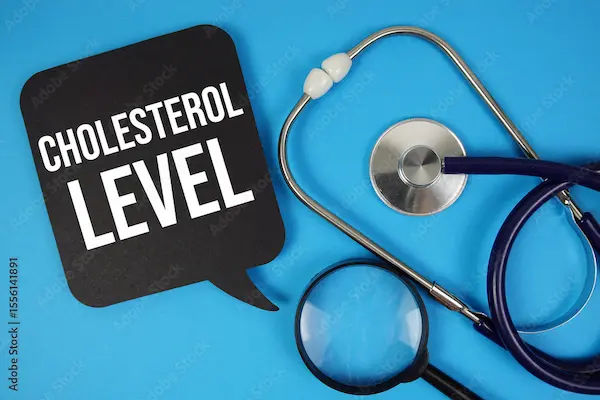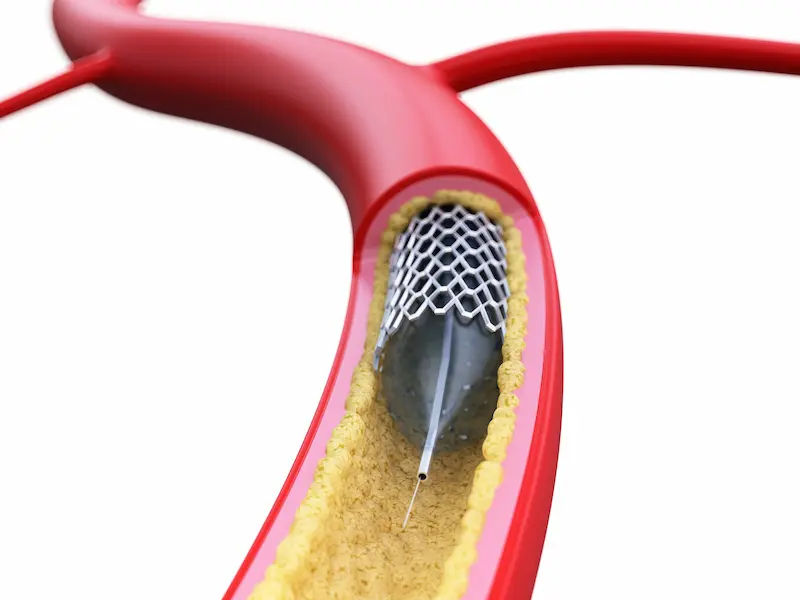- female
- 30 Years
- 07/02/2025
I've noticed my resting heart rate has been a bit higher than usual, usually between 90 and 110. Sometimes it goes over 100, although not too often. I'm wondering if this is normal or if I should be concerned? I had an ECHO last month, and it was normal. At what point should I think about this as potentially dangerous arrhythmia?
Answered by 1 Apollo Doctors
An arrhythmia can be dangerous if it leads to symptoms such as chest pain, fainting, dizziness, or shortness of breath. The frequency of arrhythmia that could be considered dangerous varies depending on the type and underlying cause. In your case, with a resting heart rate consistently between 90-110 and occasionally above 100, it is advisable to monitor it closely. Since your ECHO was normal last month, it is reassuring that there are no structural abnormalities with your heart. However, given the increased resting heart rate, it would be prudent to consult a healthcare provider for further evaluation. In the meantime, you can consider taking a beta-blocker medication like Metoprolol at a low dose of 25mg once daily to help control your heart rate.
Dr. Kareemulla Suggests...
Consult a Cardiologist
Answered 04/07/2025
0
0

More Cardiology Health Queries
View allI'm experiencing some sudden pain on the left side of my chest and leg, specifically around the knee, and I'm not sure what's going on. The pain tends to come and go, and it's been like this since yesterday. There's no pain in my hand, just the leg and chest. Do you have any advice or know of any tablets I could take to help with this?
"Based on your symptoms of sudden chest pain and left leg pain, it is important to rule out any serious conditions such as a heart attack or blood clot. However, if the pain is intermittent and not severe, it could be musculoskeletal in nature. I recommend taking Tablet Acetaminophen 500mg for pain relief. You can take 1 tablet every 6 hours as needed for chest and leg pain. Make sure to rest and avoid any strenuous activities until the pain subsides."
Answered by 1 Apollo Doctors
I've just turned 39 and I'm a bit concerned about some results from a pre-employment medical test I took. My blood pressure came out as 110 over 70, which I think is okay but I'm not sure. My total cholesterol is at 225, should I be worried about that? Also, the ECG report mentioned sinus bradycardia and I don't really know what that means. Is this something I should be concerned about?
You have a blood pressure of 11070, total cholesterol of 225, and sinus bradycardia on your ECG report. For your blood pressure of 11070, it falls within the normal range. A total cholesterol level of 225 is slightly above the recommended level of less than 200. You may consider lifestyle changes such as a healthy diet, regular exercise, and possibly medication like atorvastatin to lower your cholesterol levels. Sinus bradycardia is a condition where your heart rate is slower than normal. If you are not experiencing any symptoms such as dizziness, fatigue, or fainting, it may not be a cause for concern. However, if you have symptoms, you may need further evaluation by a cardiologist. Overall, it would be advisable to follow up with your healthcare provider for a more personalized assessment and management plan.
Answered by 1 Apollo Doctors
Can high blood pressure make you tired and dizzy?
Yes, common symptoms people with high blood pressure experience are headaches and dizziness.
Answered by 1 Apollo Doctors
Disclaimer: Answers on Apollo 247 are not intended to replace your doctor advice. Always seek help of a professional doctor in case of an medical emergency or ailment.





.webp)